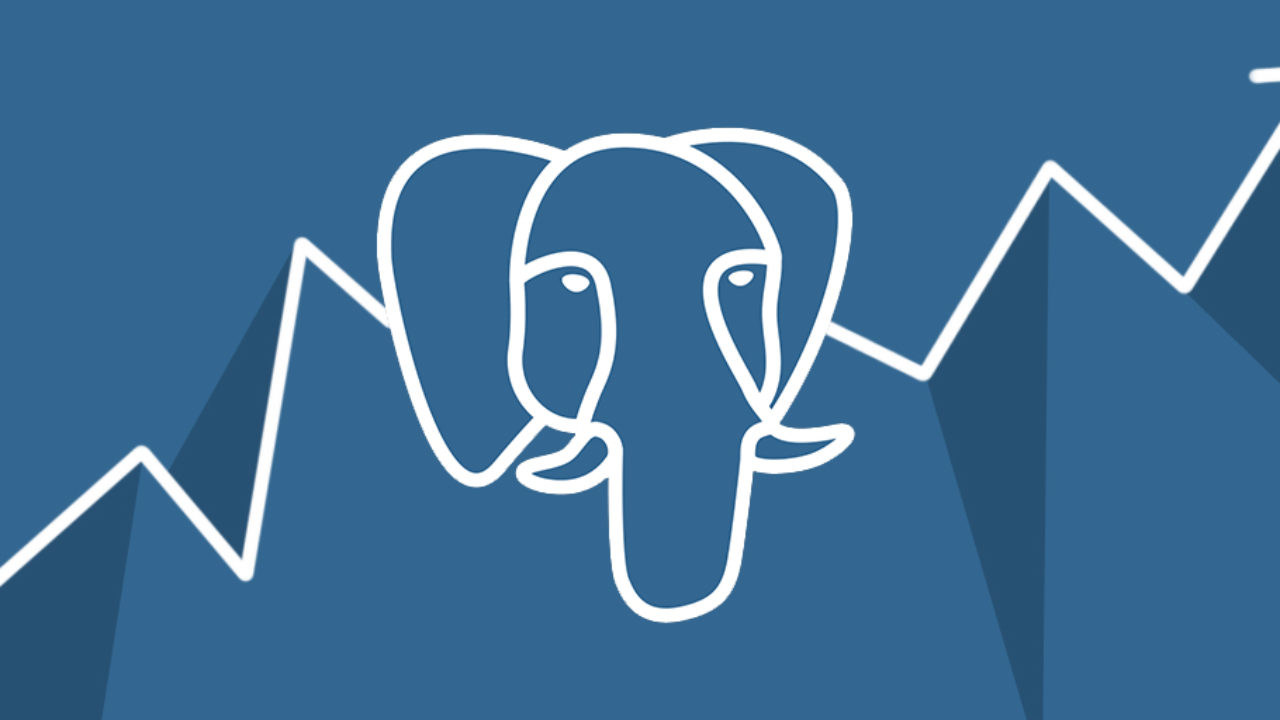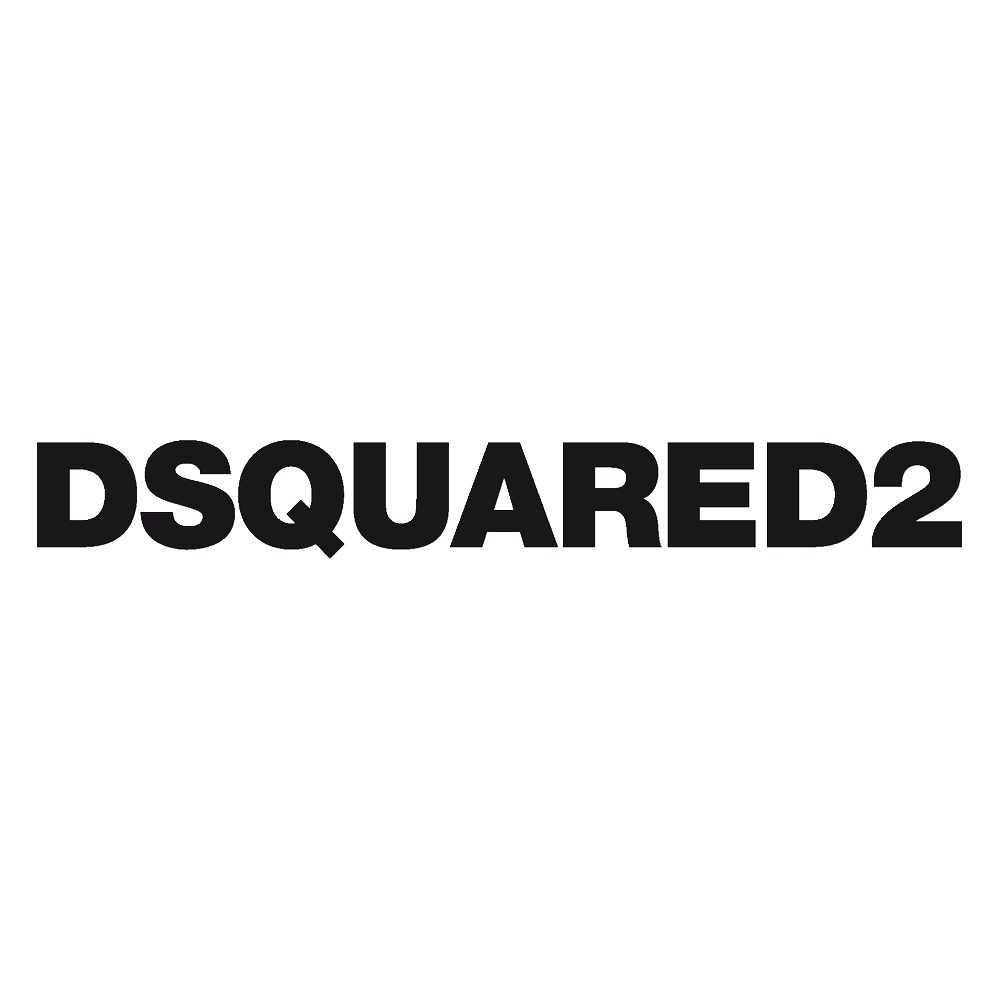PostgreSQL is a good choice for a database because it’s free, open-source, highly customisable, has regular releases, many useful features for developers, and several companies offer cloud-hosted PostgreSQL databases. PostgreSQL is an advanced, enterprise-class, and open-source relational database system. PostgreSQL supports both SQL (relational) and JSON (non-relational) querying. PostgreSQL is a highly stable database backed by more than 20 years of development by the open-source community. PostgreSQL is used as a primary database for many web applications. Azure Database for PostgreSQL documentation. Azure Database for PostgreSQL is a relational database service based on the open-source Postgres database engine. It's a fully managed database-as-a-service that can handle mission-critical workloads with predictable performance, security, high availability, and dynamic scalability. This is the current version of the driver. Unless you have unusual requirements (running old applications or JVMs), this is the driver you should be using. It supports PostgreSQL 8.2 or newer and requires Java 6 or newer. It contains support for SSL and the javax.sql package. If you are using Java 8 or newer then you should use the JDBC 4.2. PostgreSQL is a powerful, open source object-relational database system with over 30 years of active development that has earned it a strong reputation for reliability, feature robustness, and performance.
Which companies use the open-source relational database management system PostgreSQL? Find out … and learn why you should be a PostgreSQL user too.
You know the blue elephant logo. You have heard that PostgreSQL is a very good solution. But which companies use it? Here is a list of the largest IT and business companies that use PostgreSQL (or Postgres, for short). Multinationals worth billions of dollars can't be wrong, right?
Let's Start with the Basics. What Is PostgreSQL?
PostgreSQL is one of the most popular relational database management systems (RDBMSs) on the market. It’s also free and open source.
Www.postgresql.org
PostgreSQL was created by scientists from the University of California at Berkeley. At first, it was called Ingres. Over time, however, its creators introduced further improvements and expanded its functionality. Thus, the name changed to Postgres95 and eventually to PostgreSQL. The current name underlines the system's compliance with the SQL standard.
In recent years, many companies have officially supported the development of the PostgreSQL project. The Postgres open source community is also thriving; the system is constantly being updated and adapted to subsequent platforms.
Why Is PostgreSQL So Popular?
PostgreSQL's popularity is still growing. Just look at the 2019 Stack Overflow Survey – one of the most important technology rankings in the world. Stack Overflow’s surveyors collect the votes of actual programmers and developers. Among systems used by professionals, PostgreSQL came second, ahead of giants like Microsoft SQL Server, MongoDB, Oracle, and Redis. It is still gaining new users and is catching up with the first on the list (MySQL).
It is no accident that PostgreSQL has become so popular. It offers its users a huge (and growing) number of functions. These help programmers to create new applications, admins better protect data integrity, and developers build resilient and secure environments. PostgreSQL gives its users the ability to manage data, regardless of how large the database is. You can say that the sky's the limit.
PostgreSQL works on popular operating systems. We can easily run it on Windows, Mac OS X, and almost all Linux and Unix distributions. Its open source nature makes it easy to upgrade or extend. In PostgreSQL, you can define your own data types, build custom functions, and even write code in another programming language (e.g. Python) without recompiling the database. Very few other RDBMSs on the market give such customization possibilities. And, of course, PostgreSQL is free.

More companies are looking for employees who can work with PostgreSQL. (If you're looking for a job, see my article on the Top 10 Websites That Will Help You Find the Perfect SQL Job.) Are you a complete PostgreSQL beginner that wants to learn about this database’s benefits? Then I recommend starting your adventure with SQL Basics in PostgreSQL course.
Which Global Giants Use PostgreSQL?
Okay. End of theory. Let's get to the point. Who uses PostgreSQL and for what? Since it's such a great database system, it's probably chosen by the largest and most important companies on the market, right? To be honest, that's exactly the way it is. Here are just some of the major players who use PostgreSQL:
Apple
The tech giant from Cupertino, California has been betting on PostgreSQL for a long time. It uses PostgreSQL in company databases – but that’s not all.
In 2010, Apple replaced MySQL with Postgres as an embedded database in the OS X Lion release. In earlier versions of the server software, Apple focused on Oracle’s database solution. What prompted the change? Product quality and a fear of changes in Oracle’s MySQL licensing. Since then, Apple systems support PostgreSQL. Currently, it’s the default database on macOS Server since OS X Server version 10.7. PostgreSQL is also available in the App Store.

IMDB
This site is more than just a list of movies. It’s the world's largest online database on films, actors, directors, screenwriters, film agents, and other people associated with the industry.
The Internet Movie DataBase has been around since 1990 and currently contains nearly 6 million movie titles and over 100 million entries. But it’s also a huge community of people evaluating and discussing films. This is a giant amount of data. A lot of it is processed in PostgreSQL. What's more, users can analyze the data themselves; IMDB provides it for free for personal and non-commercial use. Interested? Then see this page about IMDB datasets. I also recommend using PostgreSQL to analyze this data.
More than just a social network for sharing photos, Instagram has affected global culture. It’s responsible for the selfie spread. Many people cannot imagine having a meal at a restaurant and not sharing the photo with their friends.
According to Instagram representatives, the number of platform users exceeded a billion last year. This is one-seventh of all humanity. This mass of people publishes nearly 50 million photos a day. Football star Cristiano Ronaldo has over 200 million followers; singer Ariana Grande has over 180 million. Talk about huge databases!
Instagram uses many RDBMSs, but PostgreSQL and Cassandra were chosen for the main tasks. The goal was to reduce delay and ensure users can easily and comfortably use the application.
Reddit is a social news website where people can exchange opinions and knowledge. It has about 174 million registered users. Alexa ranked Reddit as one of the 25 most popular websites in the world.
Reddit uses PostgreSQL in two different ways. First of all, there’s the ThingDB model. This is the basic Postgres mechanism for storing data for most objects (e.g. links, comments, accounts, and subreddits). In more traditional relational databases based on PostgreSQL, Reddit maintains and analyzes traffic statistics and information on transactions, ads sales, and subscriptions.
Skype
This application probably does not need an introduction – it’s one of the most popular instant messaging and video calling services in the world. According to various estimates, Skype is used by nearly 100 million people each month; 40 million people use it daily.
Because of COVID-19, this number has recently increased significantly. In official announcements, Skype representatives have said they use PostgreSQL as their main tool for working with databases. It is used to store user, chat, and call data. The connections are directed to an external VOIP service running on Asterisk, which also uses PostgreSQL.

Postgres App Windows
Skype developers often emphasize Postgres’ ease of optimization, flexibility, and efficiency. Here you can read more about how Skype uses database tools.
Spotify
Has it been awhile since you’ve listened to your favorite Metallica songs? Or maybe you're interested in what your friends are listening to. Services like iTunes, Tidal, and Spotify have changed the way we approach music. We don’t have to wait for artists’ next albums to arrive at our local store; they appear in the catalog and subscribers have instant access to them (and 50 million other songs).
In addition to music, Spotify also has podcasts and radio programs for its 271 million monthly users. How do they manage all that info? Using databases. As we read on the official Spotify blog, the application infrastructure uses PostgreSQL and Cassandra.
Twitch

This is one of the most popular video streaming platforms. It is mainly used by gamers and e-sport players. Nearly 15 million people log in to the site every day.
The Twitch platform is based on around 125 databases. The vast majority of them are managed using PostgreSQL, including user, broadcast data, and backup databases. Interested in how Twitch uses PostgreSQL? Read this post on their blog.
International Space Station
Postgresql.org
Yes, PostgreSQL has also reached space. This is not the first time that NASA has opted for open source solutions. They worked well on other projects, so why wouldn't they be in orbit?
The world learned about everything from this small mention on the PostgreSQL.org mailing group. I think that reading such a request triggers emotions even for the most experienced programmers. NASA needed to implement Nagios on the Space Station and they wanted to use PostgreSQL to store the data on the orbit and then replicate that database on the ground.
If there’s such a thing as a cool job, working with guys who fly in space and perhaps know if aliens are out there is one of them.
If there’s such a thing as a cool job, working with guys who fly in space and perhaps know if aliens are out there is one of them.
Runkeeper
Everyone has to move and keep fit. In the multimedia age, many people can't imagine running without monitoring their route, pace, or calories burned. The Runkeeper application, which uses PostgreSQL to store info on runners' routes and performance, helps with this.
Of course, there are many other companies that use PostgreSQL, including Groupon (provides discounts on various products and services), Revolt (financial services), Trivago (one of the world’s largest hotel search engines), and Accenture (global professional services leader). And there are many more international banks and government institutions than we can mention here. For a free and open-source software, PostgreSQL has done pretty well! The number of users speaks for itself.
So, Is PostgreSQL for You?
Just look at the companies that use PostgreSQL. This is really a system worth betting on. Do you want to be up to date with market trends? Learn PostgreSQL. I recommend the SQL from A to Z in PostgreSQL track on LearnSQL.com. It's a complete development path, from the basics to very advanced functions and features. You will gain practical experience working with the real code editor, real data sets, and exercises based on real-life examples. When you've completed this track, you'll be able to efficiently work with databases and analyze data.
Not sure where to get PostgreSQL? Read our guide, How to install PostgreSQL on your Windows 10 computer. The whole process should take you five minutes or so.
Finally, it’s worth taking care of your health during your studies. Read the article How to Stay Healthy When Learning SQL. Are you ready to learn? Start today!
You may also like
